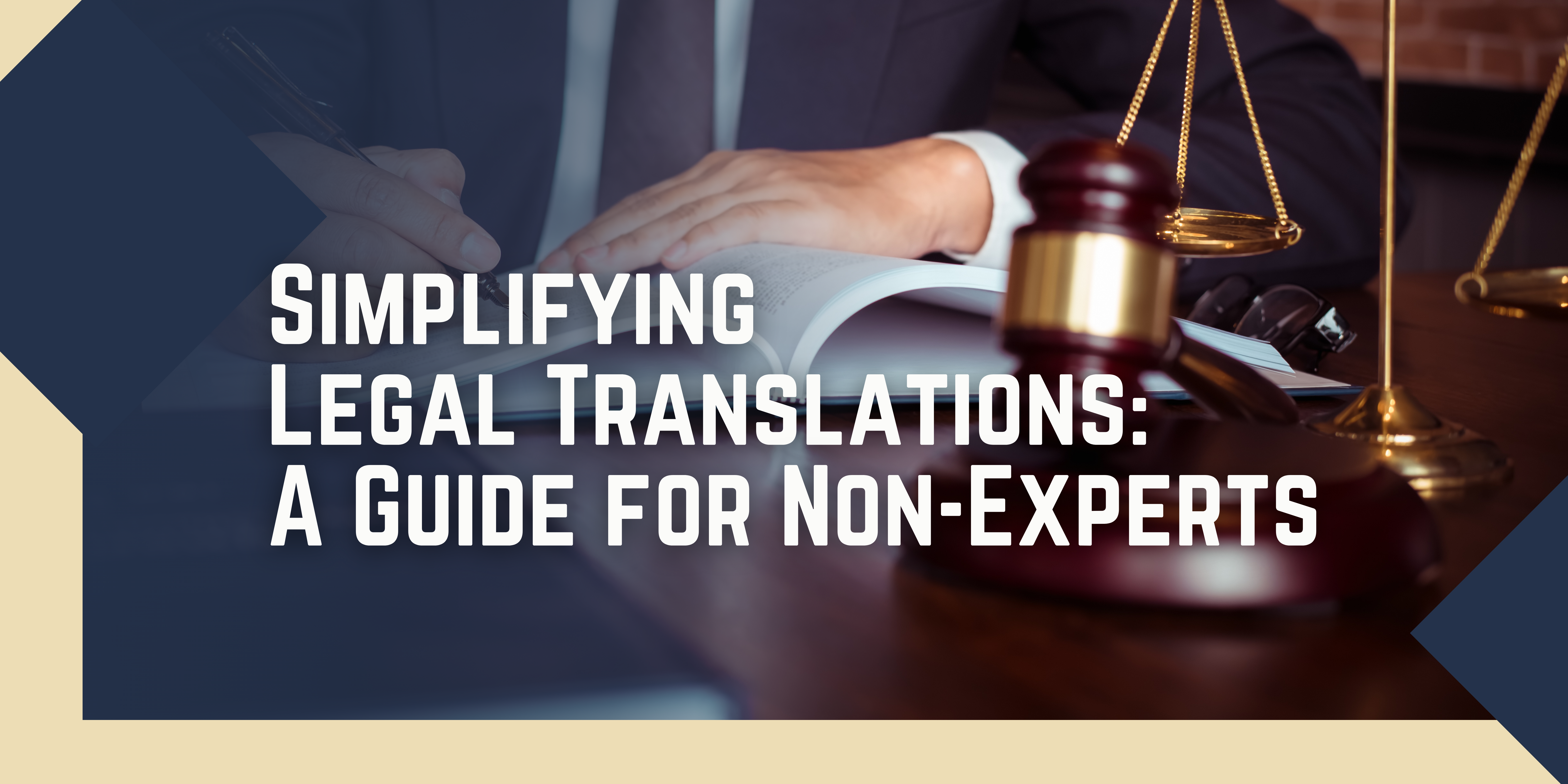Lost in Legal Lingo?
Have you ever found yourself staring at a legal document, feeling like you're reading a foreign language? Don't worry, you're not alone. Legal jargon can be complex and confusing, even for native speakers. But imagine the relief when you finally understand it. When it comes to translating legal documents, accuracy is paramount. Thankfully, technology and experienced translators can help you navigate this linguistic maze.
Introducing Translation Memory (TM)
Think of TM as a digital dictionary that empowers you. It remembers previous translations and searches for similar phrases and sentences from past projects when you need a new document translated. This saves time and money, putting you in control of your translation needs.
Benefits of TM for Legal Translations
- Cost-Effective: TM reduces translation costs, especially for documents with repetitive content.
- Consistent: TM ensures that the same terms and phrases are used consistently throughout your legal documents.
- Faster Turnaround: With TM, translators can work more efficiently, leading to faster turnaround times.
Beyond TM: Glossaries and Style Guides
- Glossaries: These are lists of approved terms that are specific to your legal field or company. For example, a glossary for a contract might include terms like 'indemnity' and 'breach of contract '. They help maintain consistency and avoid misunderstandings.
- Style Guides: Style guides provide guidelines for writing and formatting legal documents. They ensure that your documents have a consistent look and feel.
The Importance of Expertise
Legal translations require specialised knowledge of both legal systems and languages. Experienced legal translators can accurately convey the meaning of your documents, even when dealing with complex legal concepts.
Choosing the Right Translation Partner
When selecting a translation company, look for one with experience in legal translations. They should be able to provide you with tailored solutions and personalised customer service, giving you the reassurance that your translations are in good hands.
In Conclusion
While legal translations may seem daunting, with the right tools such as TM, glossaries, and style guides, and the expertise of experienced legal translators, you can ensure that your documents are accurately translated and legally sound. By using these tools and working with the right professionals, you can streamline the translation process and avoid costly mistakes.

